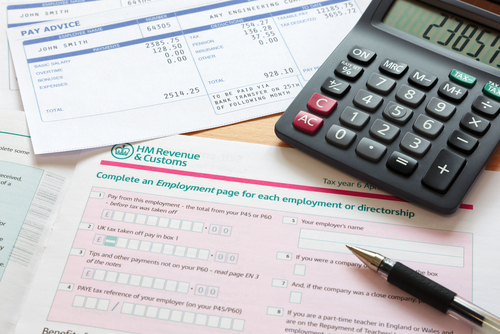
When deciding what to give as Christmas gifts, the possibility of triggering an unintended inheritance tax liability is not one that immediately springs to mind. However, there are traps that may catch the unwary.
Income or capital
When making a gift, it is important to ascertain whether the gift is being made out of income or from capital. There is an inheritance tax exemption for normal expenditure from income. To qualify, the gift must be made regularly and only from surplus income. It is important that after making the gift you have sufficient income left to maintain your usual lifestyle. To avoid unwanted questions, it is a good idea to set up a regular pattern of giving and keep records to show that the gifts were made from income.
A gift that is made from capital – for example, from the proceeds from the sale of a property or a gift of a valuable antique – will reduce the value of the estate. Unless the gift falls within the ambit of another exemption, the gift will be a potentially exempt transfer (PET) and will be taken into account in working out the inheritance tax due on the estate if you die within seven years of making the gift.
Gifts to spouses and civil partners
The inter-spouse exemption protects gifts between spouses and civil partners. Consequently, gifts of any value can be given to a spouse or civil partner without worrying about the inheritance tax implications.
Annual allowance
Everyone has an annual allowance for inheritance tax purposes of £3,000. The annual allowance enables you to give away £3,000 every year in assets or cash, in addition to gifts covered by other exemptions, without it being added to the value of your estate. You can also carry forward the annual exemption to the following year if it is not used, so if you did not use it in the last tax year, you can make gifts of up to £6,000 this year without having to worry about inheritance tax. However, any unused allowance can only be carried forward to the following tax year, after which it is lost.
Small gifts
The small gifts exemption enables you to make gifts of up to £250 a year to as many people as you like without having to keep a tally for inheritance tax purposes. However, the same person cannot benefit from a small gift of £250 in addition to the annual gifts allowance.
Wedding gifts
If a family wedding is on the horizon, you can take advantage of the wedding gifts exemption to make further gifts. To qualify, the gifts must be made before the wedding not afterwards. The exempt amounts are set at £5,000 for gifts to a child, £2,500 for gifts to a grandchild or great-grandchild and at £1,000 for a gift to another relative.







